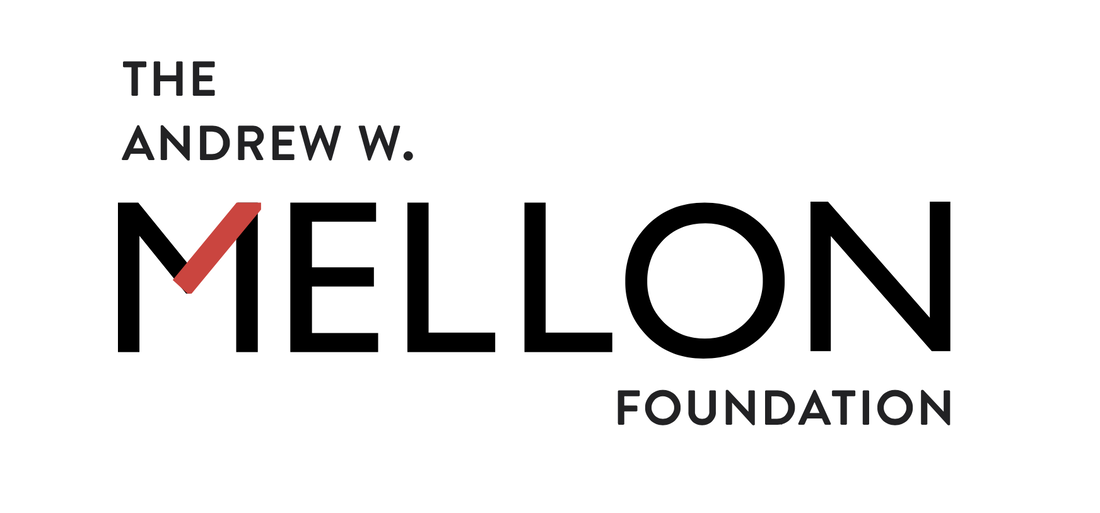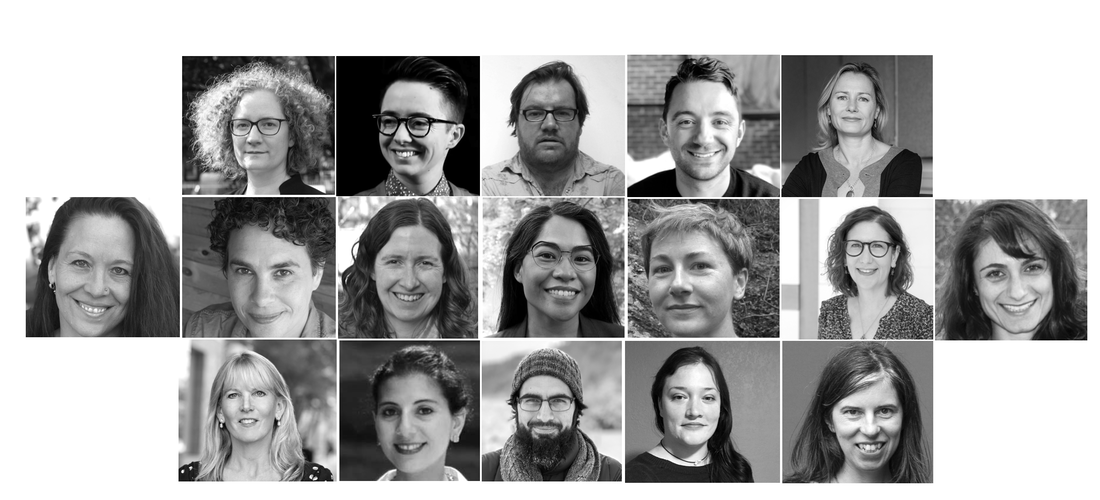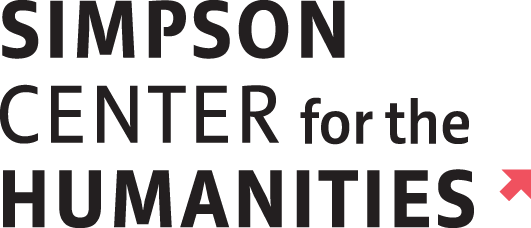|
FALL 2020
DECENTERING MIGRATION AND DECOLONIZING HUMANITARIANISM Read More
This cluster of the Sawyer Seminar will focus on the history of forced migrations within and across the Global South (especially East Asia, South Asia, Southeast Asia, the Middle East, North Africa, and the Mediterranean). Our selection of invited speakers will show that humanitarian practices do not emerge from a singular genealogy. Rather, the intense attention to migration in these regions reveals a series of misperceived assumptions about the Euro-American origins of practices surrounding humanitarianism and on misunderstandings of the politics of international asylum and refugee laws that grew out of World War II as part of a mandate for a new world order. We believe that the decentering of migration and the decolonizing of humanitarianism requires two key intellectual moves. The first involves locating the flows of forced migrants in the Global South, the primary sites for hosting, in order to ask: How does a focus on host countries reorient our understanding of the spaces of care? The second involves moving away from a Euro-American intellectual history in order to ask: What are the ideological underpinnings of caring for distant- others outside of Enlightenment frames? We envision that such comparative reorientations will transform our perspectives on humanitarian care to integrate the diverse rationalities and forms of expertise that underlie them. This thematic cluster will also examine how international law and politics from the seventeenth century shaped categories of migration by defining acceptable and unacceptable forms, such as fleeing political and religious persecution (acceptable) versus environmental change or natural disasters (unacceptable). We invite our speakers to consider the discursive (including legal discourse) processes through which entire regions of the world were written out of the narrative of humanitarian care. Speakers in this cluster examine how, for example, international laws and treaties of the colonial period shaped global categories of compulsory migration and defined some as worthy of extraordinary care, such as fleeing political and religious persecution, as opposed to others which were set aside, such as forced migration that was tied to economic or environmental conditions.
|
WINTER 2021
COMPARATIVE HUMANITARIANISMS Read More
In this cluster of the Sawyer Seminar, we will ask: What are the other humanitarian logics that shape when and how communities provide care and refuge to migrants or victims of emergencies? Building on the previous concern with decentering the West from presumptive ownership of humanitarianism, this theme seeks to explore other ideologies, movements, values, or beliefs that underlie a concern with the suffering of distant others. We will engage a genealogical study of humanitarianism that begins, not with European moral sentiments from the eighteenth century, but with the traditions, philosophies, and values, such as service, hospitality, gift-giving, or mercy, which preceded and perhaps influenced such moral reasoning. A significant body of inquiry establishes these connections through an examination of faith-based aid networks. Our focus is rather than accepting prima facie that such efforts stand to the side of “real” humanitarianism, these practices may underlie and legitimate practices of care as they have developed and as they function as a part of daily experiences and ethical ideals of both care-givers and care-receivers. Islamic humanitarianism is one such example and an important focus for our Seminar. That is not only because Turkey, Jordan, Lebanon, Iran, Pakistan, and Bangladesh, the hosts that have taken in 85% of the world’s refugees, are predominantly Muslim-majority countries. But also because several of these countries are neither parties to the 1951 Convention Relating to the Status on Refugees nor the 1967 Protocol, and thus have no legal duty to take in refugees. As five of the six top host countries for forced migrants are Muslim-majority, examining how people articulate Islamic values as both a force of faith and as a source of intellectual knowledge that underwrites logics of care will be a key focus of this section on Comparative Humanitarianism. This is all the more so where the literature on humanitarianism has marked Islam as an exception to care, and as having distinct logics, such as a compulsion to charity that, for some, challenges the possibility of an authentic concern for the suffering of others. Because this Seminar goes beyond the study of charitable organizations in comparative humanitarian practices, our focus will be on inviting speakers who will address the ethical systems, logics, and rationalities of care that underlie everyday practices of humanitarianism as a form of caring labor across cultural and religious traditions in the Global South.
|
SPRING 2021
RETHINKING THE HUMAN Read More
The final cluster of the Sawyer Seminar is an investigation into what new forms of humanity have arisen or may emerge from the articulations of humanitarianisms through the Global South. If Enlightenment “humanitarian reason” was premised on a new-found concern for the suffering of distant others, we believe that this theme, with a focus on the Global South and attention to diverse genealogies of care, may inform new possibilities for understanding the diversity of how people make sense of what it means to be human through encounters with suffering and everyday practices of care. This cluster allows for the possibility that this inquiry will need to embrace and encompass different modalities of life and recognize different ends of humanness, now not only in relation to the suffering of distant others, but also to the supernatural, the environment, other (non-human) species, and even the dead—who are often assumed to be beyond the limits of care. This understanding can prompt us to explore further the forces that underlie our own perceptions of humanness and lead to new ones. Thus, we seek to explore what a rethinking of humanitarianisms’ diverse genealogies tells us about new ways to conceptualize the human in comparative contexts. Therefore, in this final thematic cluster, we ask: How does the affective life of humanitarian administration inform people’s subjective sense of what it means to be human? What does it mean for our common humanity if we take into consideration the multitude of ways that humans interact with their environments? How do these interactions shape their disciplines of care for others?
|
OUR FUNDER:
THE MELLON FOUNDATION'S SAWYER SEMINAR
|
As the largest supporter of the arts and humanities in the United States, the Mellon Foundation seeks to build just communities where ideas and imagination can thrive. To this end, our core programs support exemplary and inspiring institutions of higher education and culture.
The Mellon Foundation's Sawyer Seminars were established in 1994 to provide support for comparative research on the historical and cultural sources of contemporary developments. The seminars, named in honor of the Foundation's long-serving third president, John E. Sawyer, have brought together faculty, foreign visitors, postdoctoral fellows, and graduate students from a variety of fields mainly, but not exclusively, in the arts, humanities, and interpretive social sciences, for intensive study of subjects chosen by the participants. Foundation support aims to engage productive scholars in comparative inquiry that would (in ordinary university circumstances) be difficult to pursue, while at the same time avoiding the institutionalization of such work in new centers, departments, or programs. Sawyer Seminars are, in effect, temporary research centers. |

Each seminar normally meets for one year. Faculty participants have largely come from the humanities and social sciences, although faculty members in the arts and from professional schools have also been key participants in a number of seminars. Seminar leaders are encouraged also to invite participants from nearby institutions, such as community colleges, liberal arts colleges, museums, research institutes, etc. As the Foundation reviews proposals, preference is given to those that include concrete plans for engaging participants with diverse affiliations.
|
OUR FUNDER AND INSTITUTIONAL HOME:
THE SIMPSON CENTER FOR THE HUMANITIES
|
The Simpson Center for the Humanities, one of the most comprehensive humanities centers in the U.S., is devoted to supporting a wide range of research across the humanities and social sciences, with a focus on leading-edge collaborative projects that reach beyond the academy. Well-known for its initiatives in doctoral education reform, digital humanities, and public scholarship, the Simpson Center plays a shaping and supportive role in the work of University of Washington faculty and graduate students.
|
The Simpson Center contributes to the activities of the national and international organizations with which it is affiliated, such as the Consortium of Humanities Centers and Institutes (CHCI). The Simpson Center has received grants from the National Endowment for the Humanities, the Ford Foundation, The Rockefeller Foundation, and The Andrew W. Mellon Foundation.
|
|
|
HUMANITARIANISMS:
MIGRATIONS AND CARE THROUGH THE GLOBAL SOUTH © 2021 Mellon Sawyer Seminar Humanitarianisms
|


